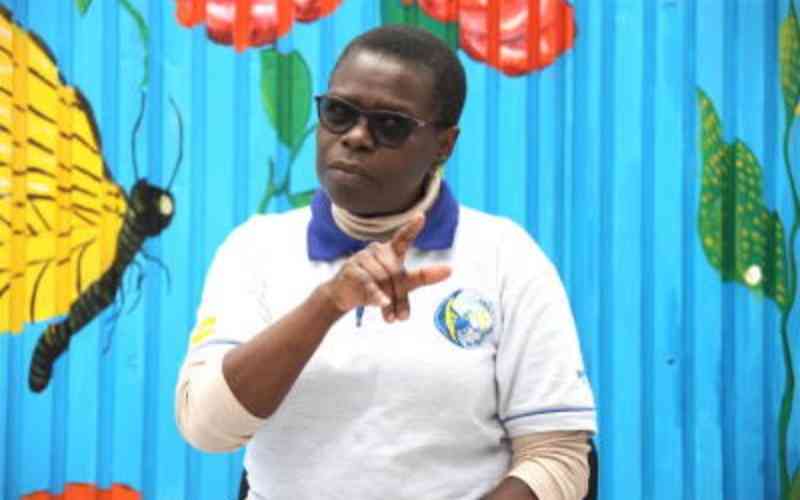×
The Standard e-Paper
Home To Bold Columnists

The phrase 'to empower a girl is to empower the whole society' is a common phrase that has enabled societies in different parts of the world to accept women's viewpoints as well as make an effort to support them through education, awareness, literacy, and training.